“The longer you are in this industry, the less perturbed you become during a crisisâ€
As part of our latest series on ‘PR Conversation’, we at Adgully are speaking to some of the industry leaders from both PR agencies and the corporate communications world about how PR as a business and communication tool has evolved and grown over the years. In the last 10 years, PR has taken a different dimension, especially after the entry of social media in a big way. While the PR business has grown, some of the challenges that the industry is facing have also multiplied as clients are becoming more demanding and are expecting their consultants to be on their toes to manage their brand reputation, as news today travels fast and clients are expecting quick response and action in case of a crisis situation.
In conversation with Adgully, Akshaara Lalwani, Founder and CEO, Communicate India, speaks at length about the transformational change that the entire PR landscape has undergone in the past decade, facing the challenges thrown up by the COVID-19 crisis, and much more.
How has PR evolved in the last 10 years? Going forward, how will the Industry shape up as the dynamics of the PR are changing with the acceleration of digital?
The entire PR landscape has undergone a transformational change in the past decade. We are now seeing a move away from classic media relations that used to be very important at one point of time, towards a more holistic media approach that includes content creation, strategy, and reputation & crisis management. There is a definite need to understand the entire marketing ecosystem in its totality. Also, the advent of digital media and digital marketing has created a positive disruption within the landscape. Digital media is a realm that needs innovative content strategies coupled with a performance mandate to create tangible sales quotients. Thus as public relations firms, we now have the opportunity to become an active partner to our clients.
You turned into an entrepreneur in the PR profession. What motivated you and how did the idea of starting your PR consultancy happen? How has been your journey as a PR entrepreneur so far? And what are the challenges you encountered as an entrepreneur?
I was fortunate enough to enter the realm of marketing early on in my career and get a ringside view of the inner workings of this business. As the journey of an entrepreneur evolves, so do the challenges. Challenges are thus a constant in an entrepreneur’s life; the only thing is that they differ from one stage to another. However, the longer you are in this industry, the less perturbed you become during a crisis. All the years of experience have a way of making you adept at troubleshooting. The COVID-19 pandemic has been a big challenge for the entire business community as it was unprecedented in nature and it has really led to the survival of the fittest. It doesn’t matter what stage of business you are in; whether you are a startup or in the growth stage or an established business, the pandemic has touched everyone. The COVID-19 pandemic has thrown up new challenges, but also given us new learnings, and it has also been a clear example of how a crisis or challenge can occur at any time.
How different are you as an agency and what are some of the interesting tools that you deploy to give the best in terms of result to your clients?
As a leading Marketing & Communications company, we have had the chance to be an equal partner to our clients. I would like to believe that we have truly behaved and acted like a partner and not just a vendor. This means that we have exceeded the scope of our work and are willing go that extra mile, and this is what we have been noticed for. Genuine care for your clients and customers cannot be faked and that is a core value of every person at Communicate India. We deeply care about the wellbeing and success of our clients, and we are willing to handhold them through their journey. This attitude of care and concern for clients is what sets a company apart from its competitors. It’s also important to note that this approach stems from a culture that is imbued within the organisation by its leaders. It is only when entrepreneurs and founders lead by example and go that extra mile for their clients that every member of an organisation follows suit. In terms of the tools we deploy, I’d say we constantly focus on a range of aspects, right from crisis management to reputation management, we offer a gamut of services and don’t really put a limitation on what we can or cannot offer and handle.
We all speak about external communication but equally important is internal communication, which needs to be handled with kid gloves. What are your views on this and how important is the role of internal communication especially during the pandemic when you had to stay engaged with your employees?
Communication is key to any business and internal communication even more so. The pandemic has forced us all to work remotely, but that doesn’t mean we have to work in silos. At Communicate India, we’ve used different digital and offline tools to stay engaged with our partners. Before the pandemic, there was always a focus on external communication, but now we have come to the realisation that internal communication is as important, if not more. We have tried our best to use all digital tools at our disposal to communicate and show our team appreciation and gratitude in a challenging year. And we are still learning what the best ways to communicate are, the innovation in this space still continues.
PR measurement and effectiveness of PR has always been a subject of debate. As a PR professional, what steps should the PR industry take to bring in uniformity so that everyone speaks one language when it comes to PR measurement?
PR measurement is a highly debated topic and it depends on what particular aspect you are focusing on. Brand sentiment, stakeholder valuation, reputation management, creating a positive brand recall and sharing a voice, are all part of the vast gamut of measuring tools in the PR space. This is something that the whole PR industry has to agree upon, because there isn’t really a consensus about one unifying measuring tool at this point in time. PR measurement and effectiveness also heavily depend on what a particular client is looking for and what they aim to achieve through PR.
Getting the right skillset and training has always been a challenge in the PR profession. What is your view on the same and what would be the valuable tips that you would like to give to the budding young PR professionals?
My message to young professionals is not to undervalue the importance of on-the-job training and learning. Education in a classroom does give students a basic understanding of concepts, but nothing really compares to the honing of skills and firsthand learning experiences that can be achieved while working at an organisation. I would advise young PR professionals to keep taking up internships and summer jobs because those experiences will help to sharpen their minds. Also, it always helps to be proactive and seek out tasks on your own, no matter how small they may be. And lastly, I strongly believe in never becoming complacent. The pandemic has shown us just how important it is to keep learning and upskilling. Learning never really stops and limiting yourself means there is always the danger of becoming redundant.
Do you feel the traditional role of interpersonal communication which was so critical to the profession has somehow been put to the back burner because of too much virtual engagement? How are you experiencing that? Is it bringing down the efficiency of the agency?
I truly believe that it is all about creating the right balance. A complete lack of interpersonal communication is not ideal and neither is a constant meeting-oriented scenario. Virtual communication and engagements have taught us a new way of working and in the foreseeable future, they will be a part of the work culture, but it will be balanced out with in-person communication. It is an amalgamation of the new world and old world that helps. Also, I don’t think it’s bringing down efficiency because for many people, cutting down on travel time has led to higher productivity. But for others, the challenges of managing home and work in one space may have led to a more stressful situation. Hence, the key always lies in creating a proper balance.


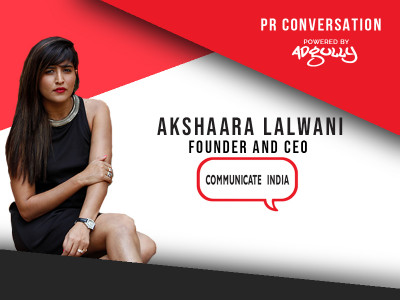









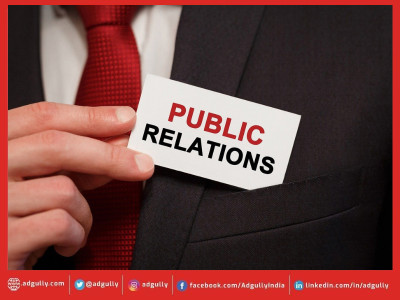


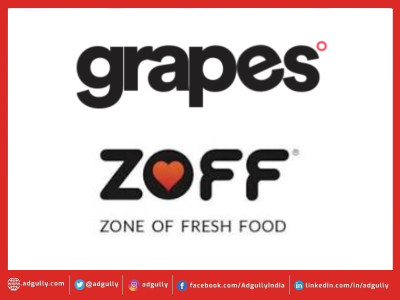
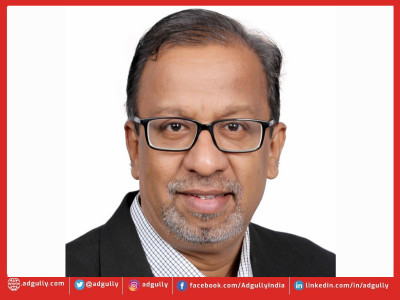
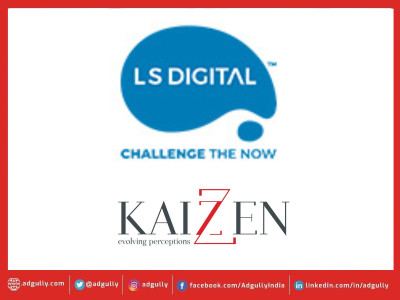



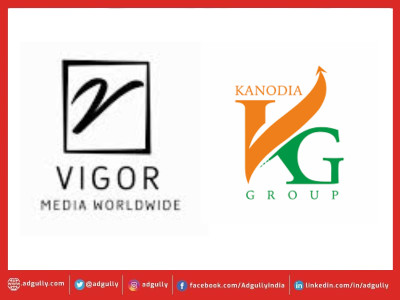




Share
Facebook
YouTube
Tweet
Twitter
LinkedIn